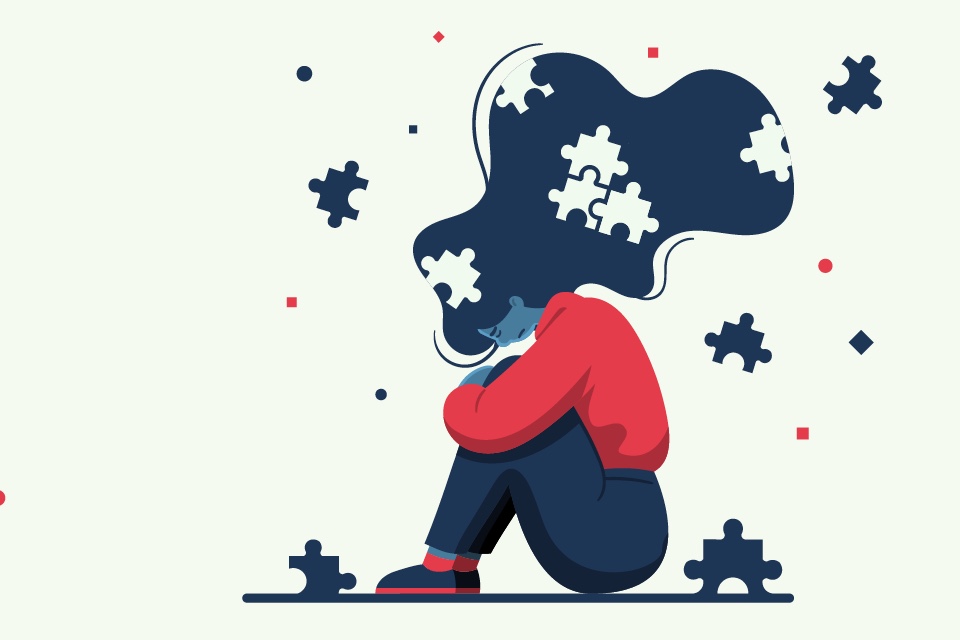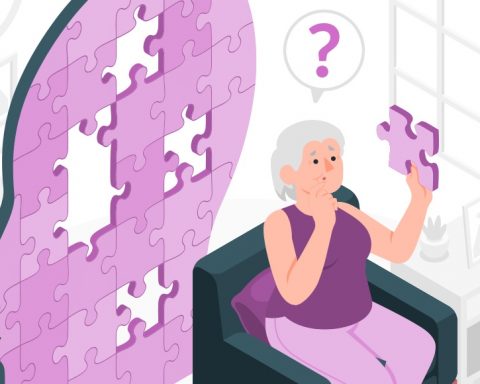Stigma associated with mental health has been an issue faced worldwide. This has stopped people from promptly seeking help when they need it or taking steps to address the on-going causes for their own poor health.
The importance of mental well-being and mental resilience cannot be overstated.
Good mental health assures our ability to fulfil key functions and activities in life; it affects how we think, feel, communicate, make decisions, form relationships and act. Knowing the importance of mental health and wellbeing, the question remains – Are we doing enough to keep healthy?
According to the Gibraltar Health and Lifestyle Survey (2021) the most common chronic condition experienced locally is anxiety (32.5% of respondents), and more than 10% of us report feelings of depression. Although participant feedback last year was very likely to have been influenced by the impact of the Covid-19 pandemic, health experts warn that the increased levels of stress, anxiety and fear witnessed may persist for a while to come.
According to the Mental Health Foundation, mental health problems are one of the main causes of the overall disease burden worldwide. They state that depression is the second leading cause of disability and a major contributor to increased risk of suicide and ischemic heart disease.
Early warning signs of potential mental health problems:
• Inability to perform usual daily tasks
• Eating or sleeping too much or too little
• Using drugs, smoking or drinking more than usual
• Experiencing mood swings
How can we stay mentally healthy?
There are many ways to improve and maintain our own mental health, and build upon our mental resilience. Some people will feel improvements with minimal support or changes; others may benefit from more specific treatments (such as counselling or medication). It may not be easy to seek support, especially if feeling anxious or low in self-esteem, but a good point of contact is always your GP who can provide support and advice (Tel: 200 52441).
The following are 10 methods of self-care, how many do you use?
1.
Sharing your feelings – this can help us work through concerns, help us feel supported, and help build stronger relationships with those around us.
2.
Keeping active – Adults should be active for around 30 minutes a day at least 5 times a week, and this does not have to include a trip to the gym. All forms of activity count.
3.
Eating well – Foods we eat can affect how we feel both immediately and in the longer term. Regular healthy meals full of wholegrains and vegetables, plus plenty of water, are ideal. Reducing your intake of caffeine and refined sugar; and try to plan meals in advance, particularly if you know you may be stressed,
4.
Drinking sensibly – We often drink alcohol to change our mood, however more often than not it will exacerbate it. Remember, the ability to escape feelings of fear or loneliness is only temporary.
5.
Staying connected – Relationships are key to our mental health. Try to ensure you maintain your friendships and family relationships, a work–life balance is important. Some studies suggest loneliness may be as bad for our health as smoking 15 cigarettes a day.
6.
Taking a break – A change of scene or pace is important for your mental health. Give yourself some ‘me time’. Mindfulness is a form of meditation that involves paying deliberate attention to what is happening, as it happens. Mindfulness practices can help us to increase our ability to regulate emotions, decrease stress, focus our attention, and observe our feelings without judgment. Mindfulness app such as Headspace or Calm may be useful.
7.
Doing something you are good at – What do you love doing? What activities can you lose yourself in? What have you enjoyed doing in the past? Doing something you enjoy can help beat stress and boost self-esteem.
8.
Accepting yourself – Self-acceptance and self-care can be very hard when you have a mental health problem – a challenge we must continue to work on. This involves excepting our flaws, our failures, our beauty, our brilliance; and our differences. You may practice gratitude, noting daily things you are thankful for, or trying to reframe negative thoughts.
9.
Caring for others – This may sound like a contradiction when trying to care for yourself, but the act of caring for another can be hugely significant for mental health. Helping can make us feel needed and valued; it can boost our self-esteem and help to put our own problems into perspective.
10.
Asking for help – We ALL will find ourselves (at some point in our lives) feeling tired, nervous or overwhelmed. Knowing when to ask for help, in whatever form may be beneficial to you, is important.
Some helpful contacts:
- Mental Health Crisis – Call 111
- Mental Health Support – Email: MHS@gha.gi
- GibSams – free to call service available 6pm to midnight daily; if you want to talk to someone in confidence. Call: 116 123
- Clubhouse Gibraltar –Email: support@clubhousegibraltar.com or see their website: clubhousegibraltar.com
- Childline – free to call service available from 5pm – 9pm daily, Call: 8008









